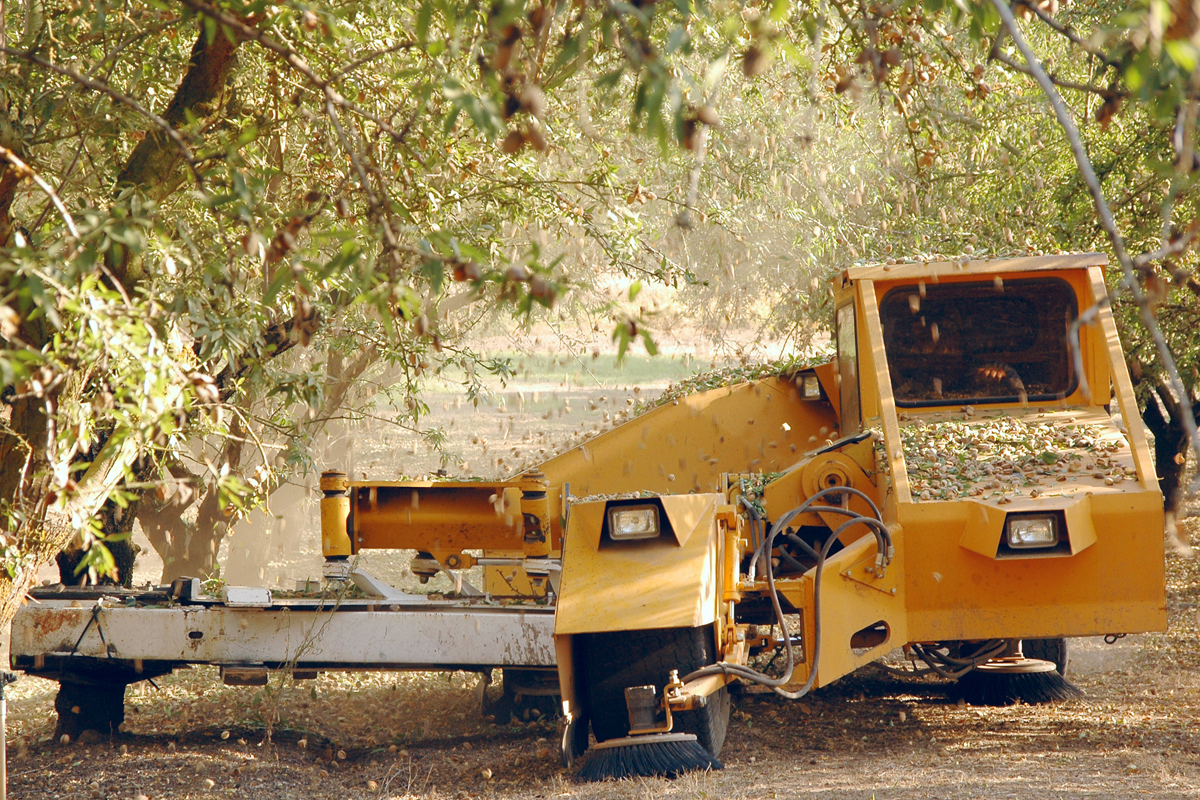Three emerging food companies are joining forces to make almond farming more sustainable. Simple Mills, Daily Harvest and Cappello’s announced they are forming The Almond Project, a multi-year, farmer-led program to implement and evaluate the outcome of regenerative soil practices on almond farms in California.
The program will leverage the expertise of third-generation growers at Treehouse California Almonds, an Earlimart, Calif.-based almond supplier, who will lead soil health research in California’s Central Valley.
Climate change poses a major threat to almond farms in California, which supply 80% of the world’s almonds, according to the companies. While growing research suggests soil health is key to the long-term viability of all food crops, practical research remains scant, with the financial risk of adopting these practices often falling solely on farmers.
“If we want to abate the effects of climate change, safeguard farmer livelihoods and continue to enjoy the nutritional benefits of almonds, we must build a more resilient food system,” says Rachel Drori, founder and chief executive officer of New York-based Daily Harvest, which ships organic meals and snacks directly to consumers.
Over the next five years, The Almond Project partners will work with growers to integrate a variety of soil health practices on two 80-acre blocks of farmland. Daily Harvest and Simple Mills, a Chicago-based maker of better-for-you baked foods, will work with Treehouse California Almonds and White Buffalo Land Trust, a nonprofit focused on regenerative agriculture, to help farmers adopt practices such as cover cropping, animal integration, composting and reducing synthetic pesticides, herbicides and fertilizers. The partners will measure outcomes, including soil health, water infiltration, carbon sequestration and ecosystem diversity, sharing learnings with other almond farmers in the region.
Cappello’s, a Boulder, Colo.-based specialty pasta and pizza brand, will work with White Buffalo to trial the Ecological Outcomes Verification (EOV) protocol in the almond orchard blocks. The EOV methodology measures ecological outcomes on a producer’s land. When results trend positive, the farm is entered into the Land to Market Verified Regenerative Supplier Roster. The trial will serve as a resource to help establish a verification program for almonds and other perennial crops, according to the companies.
“We view partnering with the farmers who steward this precious land as both a privilege and an extraordinary opportunity,” says Stacey Marcellus, co-founder and co-CEO of Cappello's. “This project is based on regenerative agricultural practices that involve time, effort and risk for growers. The resources needed for research are something so worthy of sharing in the responsibility. We all win if we can increase life through the whole ecosystem, from soil to tree to community.”




